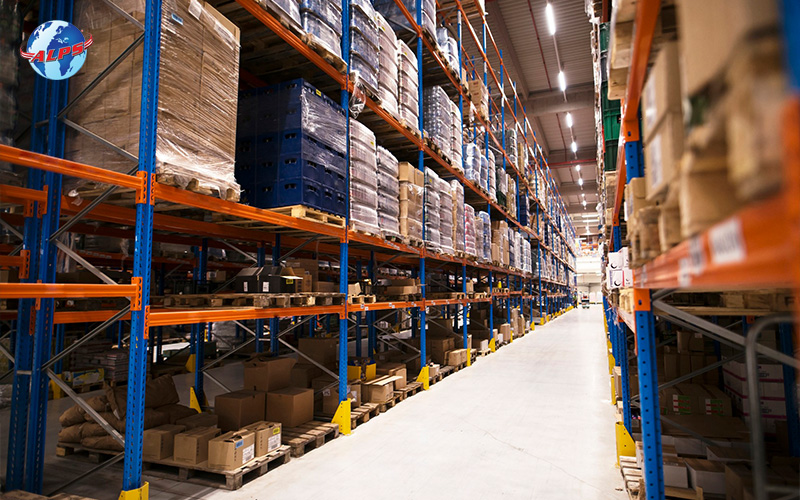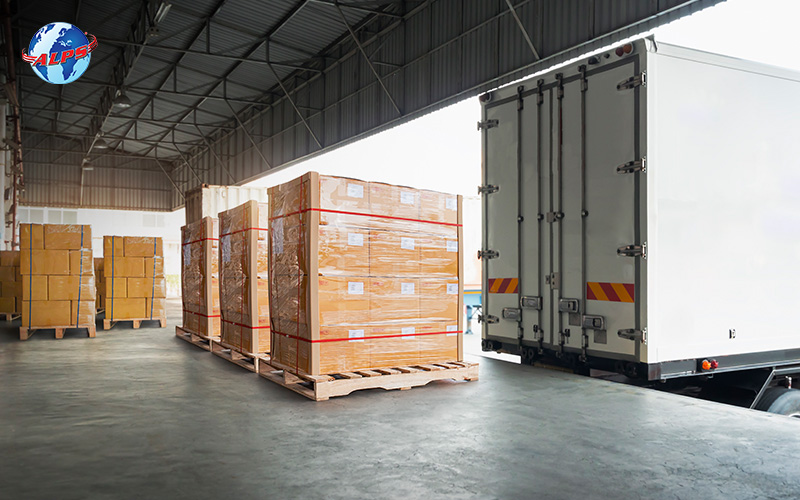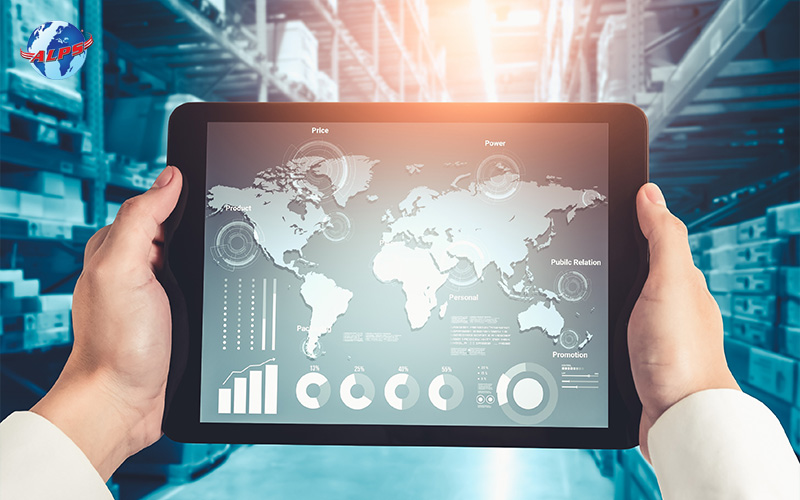Importing and exporting hazardous materials require strict adherence to regulations to ensure the safety of individuals, the environment, and property. Governments and international bodies have developed comprehensive frameworks and guidelines to control the import and export of such materials. This article will delve into the key aspects of understanding the regulations for importing and exporting hazardous materials, highlighting the importance of compliance and the services available to facilitate these processes.
Importing and exporting hazardous materials involves the transportation of substances that pose potential risks to health, safety, and the environment. These materials can range from chemicals and toxic substances to radioactive materials and flammable liquids. Given the inherent dangers associated with hazardous materials, it is crucial to have stringent regulations in place to mitigate risks and prevent accidents.
One of the primary reasons for regulating the import and export of hazardous materials is to protect human health and the environment. The improper handling, storage, or transportation of these materials can lead to severe consequences, including accidents, spills, and contamination. Therefore, governments have established regulatory bodies and agencies responsible for enforcing rules and overseeing compliance.
When it comes to importing and exporting hazardous materials, a key aspect to consider is compliance with international regulations and standards. The United Nations has developed a system known as the Globally Harmonized System (GHS) that provides a globally consistent classification and labeling system for hazardous substances. This system ensures that the classification, labeling, and safety data sheets of hazardous materials are uniform across different countries, facilitating trade while maintaining safety standards.
To import or export hazardous materials, individuals and businesses must comply with various legal requirements. These requirements can include obtaining permits, licenses, or certifications from relevant authorities. Importers and exporters may also need to submit detailed documentation regarding the nature of the materials, their packaging, and handling procedures.
To facilitate the import and export of hazardous materials, specialized services are available to assist individuals and businesses in navigating the complex regulatory landscape. Hazardous materials transportation services provide expertise in handling and transporting these materials safely and in compliance with regulations. They ensure that proper packaging, labeling, and documentation requirements are met, minimizing the risk of accidents and legal repercussions.
Moreover, customs brokerage services play a vital role in facilitating the smooth import and export of hazardous materials. They assist with the preparation and submission of necessary documentation, including customs declarations, permits, and licenses. Customs brokers have in-depth knowledge of import and export regulations and work closely with government agencies to ensure compliance.
Another critical aspect to consider when dealing with hazardous materials import and export is proper packaging and labeling. Regulations often require specific packaging materials and labeling formats to ensure the safe handling and transportation of hazardous materials. Packaging must be designed to withstand potential impacts, vibrations, and leaks, while labels must provide clear information about the material’s hazards, handling instructions, and emergency response procedures.
Furthermore, training and education are crucial for individuals involved in the import and export of hazardous materials. Proper knowledge and awareness of regulations, safety protocols, and emergency procedures can significantly reduce the risks associated with handling hazardous materials. Many organizations offer training programs and certifications that equip individuals with the necessary skills to handle hazardous materials safely and efficiently.
In conclusion, understanding the regulations for importing and exporting hazardous materials is of utmost importance to protect human health, the environment, and property. Compliance with international standards, obtaining the necessary permits and licenses, and utilizing specialized services are essential for a smooth and safe import-export process. By adhering to these regulations and employing best practices, individuals and businesses can mitigate risks and contribute to a safer and more sustainable global trade system.













